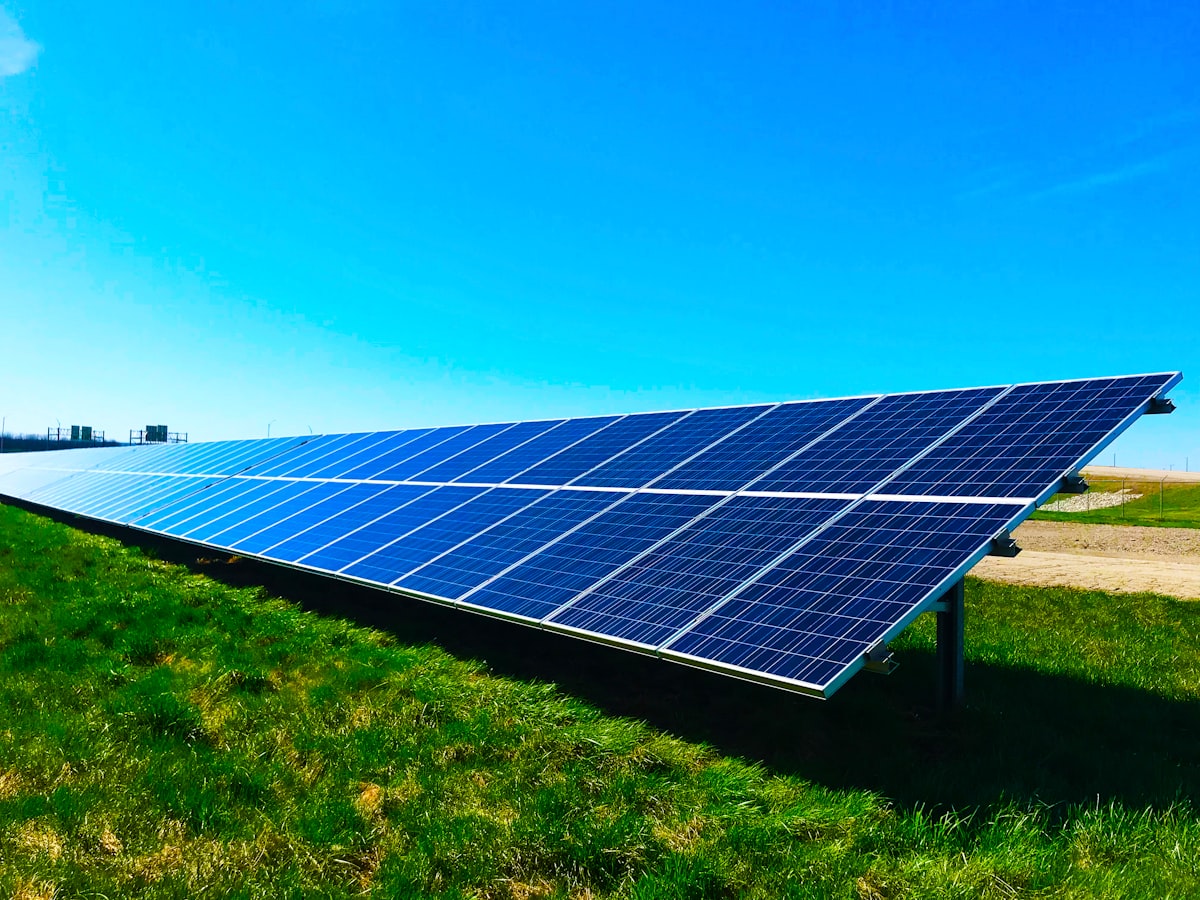A Guide to Understanding Units in Solar Power

A unit in solar power is a measure of energy output, usually expressed in 1 kilowatt-hours (kWh).
The use of solar energy as a source of power has seen a significant increase in recent times, with more individuals looking for ways to reduce their carbon footprint and become more self-sufficient. However, the terminology and units used in the solar power sector can be difficult to understand for those new to the subject. In this article, we’ll offer an in-depth explanation of what a unit in solar power means and how it’s used to measure the energy produced by solar panels.
What is a Unit of Solar Power?
A unit in solar power refers to a measure of energy generated by a solar panel or system. Typically, this energy is expressed in kilowatt-hours (kWh), which is the standard unit for measuring energy consumption. A kilowatt-hour represents the amount of energy produced by a solar panel over a set period, such as a day or year.
To break it down further, one kilowatt-hour is equivalent to the energy produced by a solar panel with a capacity of 1 kilowatt (kW) operating for 1 hour. As an example, if a 1 kW solar panel operates for 10 hours in a day, it will generate 10 kilowatt-hours of energy. This energy can be utilized to power your home, stored in a battery for later use, or fed back into the grid.
Measuring Solar Power
Solar power is measured with a device known as a solar inverter. This device converts the direct current (DC) electricity generated by the solar panels into alternating current (AC) electricity, which can then be used in the home. The solar inverter also measures the amount of energy generated by the panels and displays this information in kilowatt-hours (kWh).
Why is it Important to Understand Units of Solar Power?
Understanding units of solar power is crucial for several reasons. Firstly, it helps you understand how much energy your solar panels are generating and how much energy you're consuming in your home. This information is useful in determining the effectiveness of your solar panels and making decisions about energy usage.
Furthermore, understanding units of solar power is important in calculating the return on investment (ROI) of your solar panel system. By knowing the amount of energy generated and the cost of that energy, you can calculate your energy bill savings and determine the payback period for your investment.
Solar power is a rapidly growing alternative energy source that offers numerous benefits, including reduced energy bills and a reduced carbon footprint. The terminology and units used in the solar power industry can be confusing for beginners, but by understanding what a unit of solar power is, you can gain a better understanding of your solar panels and make informed decisions about your energy usage.